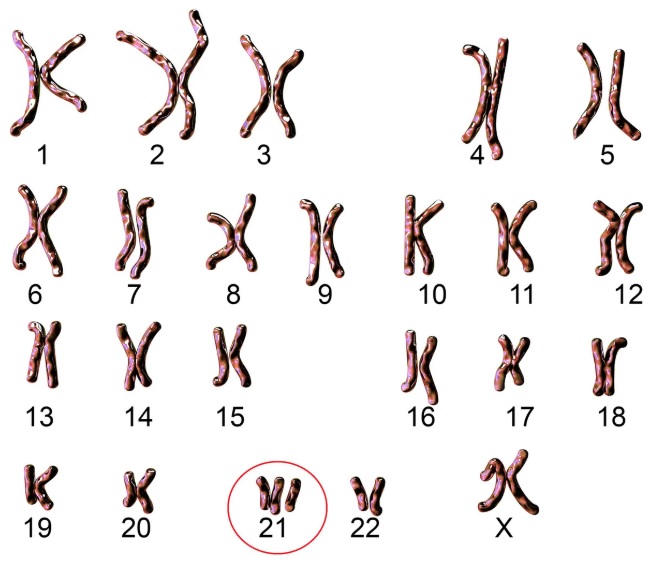
A karyotype test is a genetic screening that examines chromosomes in our cells, offering essential insights into fertility and overall health. Chromosomes are structures made of DNA, containing all the genetic information needed for growth, development, and reproduction. This test can be performed using a simple blood sample or, during pregnancy, through amniocentesis or chorionic villus sampling.
Each chromosome has a unique structure, including size, shape, and banding patterns. A karyotype test helps detect numerical or structural abnormalities, which can impact fertility and reproductive health.
Humans typically have 46 chromosomes (23 pairs), including one pair of sex chromosomes (XX for women, XY for men). When there are extra or missing chromosomes, it can lead to fertility issues.
✅ Down Syndrome – An extra copy of chromosome 21.
✅ Klinefelter Syndrome – An extra X chromosome in males, which may impact sperm production.
✅ Turner Syndrome – A missing X chromosome in females, often linked to infertility.
Chromosome structure can also be affected by deletions, duplications, or rearrangements, which may lead to infertility, recurrent miscarriages, or poor egg and sperm quality.
✔️ Translocations – Sections of chromosomes swap places, potentially affecting fertility.
✔️ Inversions – A chromosome segment flips direction, sometimes leading to reproductive issues.
For couples struggling with infertility, karyotyping can help identify potential genetic causes. If a chromosomal abnormality is detected, advanced fertility techniques such as:
🔹 Preimplantation Genetic Diagnosis (PGD) – Screens embryos for genetic disorders before implantation.
🔹 Preimplantation Genetic Testing for Structural Rearrangements (PGT-SR) – Identifies embryos with balanced chromosomes to improve implantation success.
These methods, used during IVF treatments, help select genetically healthy embryos, increasing the chances of a successful pregnancy.
✅ Individuals with recurrent miscarriages.
✅ Those experiencing repeated IVF implantation failures.
✅ Couples with a family history of genetic disorders.
✅ Individuals with unexplained infertility.
At Sakalli IVF, we integrate advanced genetic testing with personalized fertility care to enhance your chances of conception.
✔️ Accurate Genetic Insights – We provide detailed chromosome analysis to help guide your fertility journey.
✔️ Cutting-Edge Testing & Expertise – Our specialists partner with top-tier laboratories to deliver precise results.
✔️ Comprehensive Fertility Support – From genetic testing to embryo selection, we customize solutions for every patient.
✔️ Higher IVF Success Rates – By combining karyotyping with PGD and PGT-SR, we help maximize fertility outcomes.
Understanding your genetic profile is a key step in overcoming fertility challenges. At Sakalli IVF, we are dedicated to providing the best care and support for your reproductive goals.
📞 Get in Touch Today!
Contact Sakalli IVF to learn more about karyotyping and how it can enhance your fertility treatment. Let us guide you every step of the way toward a healthy pregnancy and successful parenthood.
Copyright © Sakalli IVF. All rights reserved